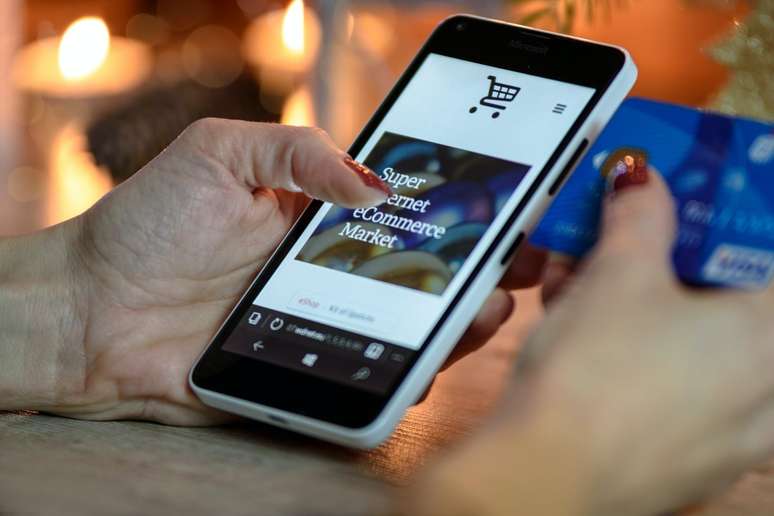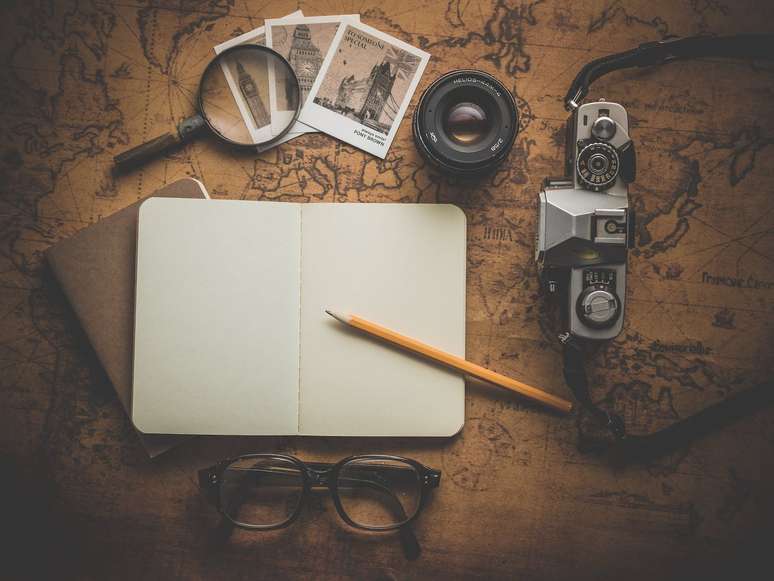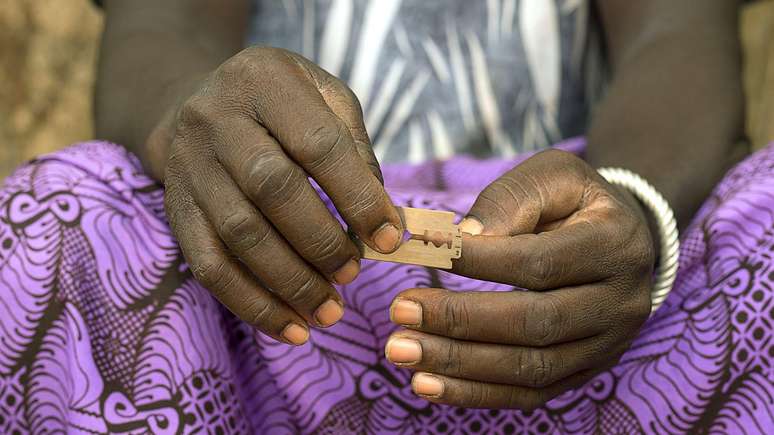The post-pandemic period has changed the profile of Brazilian travellers […]
The post-pandemic period has definitely changed the profile of Brazilian travellers.
In an unprecedented survey released by Tourism Minister Celso Sabino on January 22, domestic tourists use social networks as the main source of information when choosing their next destination.
From this study conducted on 2,029 people, between 7 and 11 December 2023, it also emerges that only 22% use travel agencies or tour operators. For 47% of those interviewed, the Internet is the first search for a destination, followed by friends and family (45%).
OR Travel by fare spoke with Google Brazil’s travel leader, Maurício Martiniano, who confirmed this shift in Brazilian consumer behavior.
“Online shopping has become more frequent and the new generations, accustomed to technology, are driving the digitalisation of the market. This change is not limited to the way of purchasing, but also to the priorities of consumers, who seek complete and personalized experiences”, analyzes .
According to Martiniano, consumers who carry out an online search still encounter fragmented offers and need to put together their own package.
According to internal Google data shared with the report, searches associated with the term “tourism” increased by 76%, compared to December 2019.
However, the figures are even more different when it comes to purchasing airline tickets and accommodation.
According to the Ministry of Tourism, 48% of respondents said they purchased these services online, while 56% of respondents in the survey preferred to purchase tickets and accommodation independently and separately.
Of the total, 38% prefer to purchase the complete package, i.e. tickets and accommodation. However, only 35% of this profile uses physical outlets, such as street shops or shopping centres.
Therefore, Google Brazil’s travel industry leader believes the opportunity for brands is to offer One stop tripa model where consumers find all travel services, in one place, such as tickets, hotels, tickets and even destination content.
“It is a complete and personalized solution that facilitates planning and makes the travel experience even more special. After all, the future of tourism lies in personalization and convenience”, explains Martiniano, who believes that travelers still find themselves faced with limited and standardized offers.
“The new traveler wants to go beyond the traditional model.”
Maurício Martiniano – Google Brazil
For Marco Antonio Araujo Junior, of the National Commission for Consumer Protection of the OAB (Brazilian Bar Association), single purchases have won over travellers, especially from a financial point of view. For him “traditional agencies, which limit themselves to carrying out intermediation activities in purchases and sales, end up losing space”.
“I think the numbers demonstrate two things: the autonomy of the consumer, who often prefers to contract products and services separately, and also the need for agencies to reinvent themselves and offer differentiated services, focused on the consumer experience,” he analyzes.

For Ana Carolina Medeiros, president of the Board of Directors of ABAV (Brazilian Association of Travel Agencies), this is a trend in all countries, especially in such a connected universe.
“Many of these searches that are carried out on social networks and websites end up being carried out by the same agencies, which even appear in organic or paid search engines”, explains Ana Carolina, who guarantees that ABAV members currently represent 80 % of tourist ticket products sold in Brazil.
Ana Carolina does not believe, however, that this scenario indicates that Brazilians have stopped trusting agencies or that they have gained more autonomy, especially when it comes to the online shopping experience, during the pandemic.
“The movement was exactly the opposite. Those who were without support during the pandemic felt the problem of not having a humanized service and understood the extreme importance of having a good travel agent. On the other hand, tourism companies that did not they still had a large online presence they were forced to reformulate”, he analyzes.
I WAIT WEB HISTORY
Only 22% of Brazilians look for agencies when traveling
Consumers need to be careful
However, Junior warns of the attention that a tourist should pay when purchasing a product individually and online.
“The consumer must be aware of the conditions of the purchased product, such as exchange, cancellation and modification of the date or profile of the accommodation,” it warns.
In the case of contracting services through an intermediary, it is necessary “to ensure that the application is authorized to sell on behalf of the airline and hotel, avoiding falling for scams”.
The president of the ABAV board of directors recalls that searches in bodies such as Cadastur (Official Register of Tourism Service Providers in Brazil) and on sites such as Reclame Aqui are also tools for verifying the suitability of agencies.
“The safety of the purchase lies in the fact that the consumer understands that there is an average market price, there are no miracles and that serious agencies will not be able to satisfy values outside the market standard”, warns Ana Carolina.
Along the road
Habits are changing not only when it comes to planning a trip, but also in the way we travel.
Again according to the Ministry of Tourism, the internalization of the sector has made the use of one’s own car and bus a means of transport for 74% of Brazilians who must make leisure trips until March this year.
The ministry believes this estimate reinforces the current trend of domestic travelers looking for smaller cities and less busy destinations when choosing their itinerary.
This shows that, compared to the pre-pandemic period, Brazilians are more digitalized and prefer tourist destinations closer to home, whose definition “hotels near me” has seen an impressive growth of 412%, according to Google data.
The survey also highlights that conventional buses are preferred by those who choose this mode: 29% of travelers will use the bus as a means of transport and 66% of bus journeys will be made on conventional lines.
At the press event where the Travel by fare was present on January 31st in Sao Paulo, Google Brazil was very clear: “tourism is predominantly land-based”.

Abrati (Brazilian Association of Land Passenger Transport Companies), for example, predicts that, in this pre-Carnival period alone, the road sector will increase the offer of timetables by more than 50% in the first 20 days of February.
Google also confirms the trend. In December 2023, its search service saw a 32% increase in the term “bus travel,” followed by “planning” (+18%) and car rental (+16%).
In short, despite the smaller number of modifiable holidays, in 2024 Brazilians want to travel even more, independently, by land, and are concerned about the quality of accommodation.
Source: Terra
Ben Stock is a lifestyle journalist and author at Gossipify. He writes about topics such as health, wellness, travel, food and home decor. He provides practical advice and inspiration to improve well-being, keeps readers up to date with latest lifestyle news and trends, known for his engaging writing style, in-depth analysis and unique perspectives.









